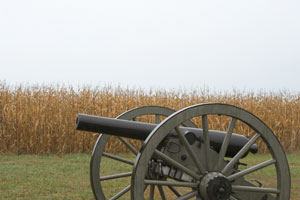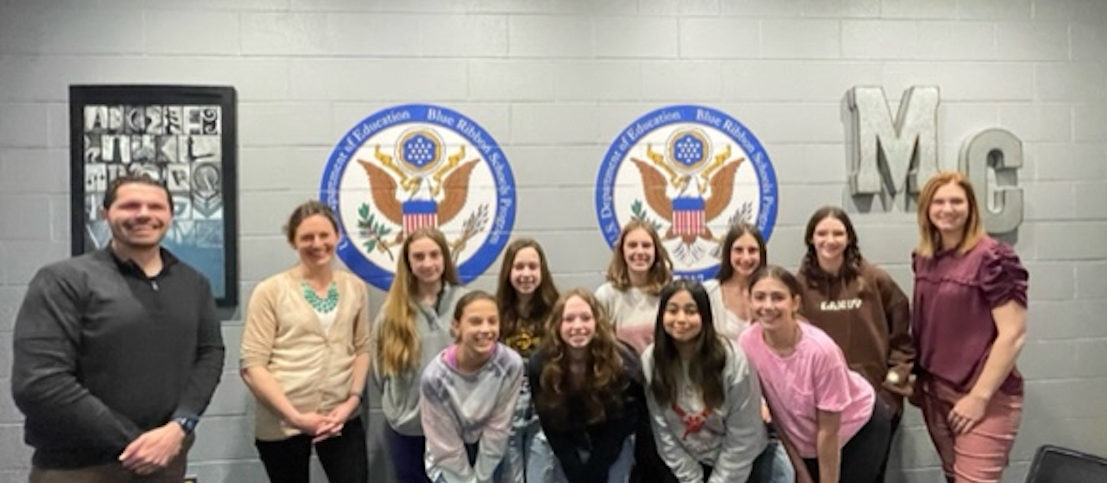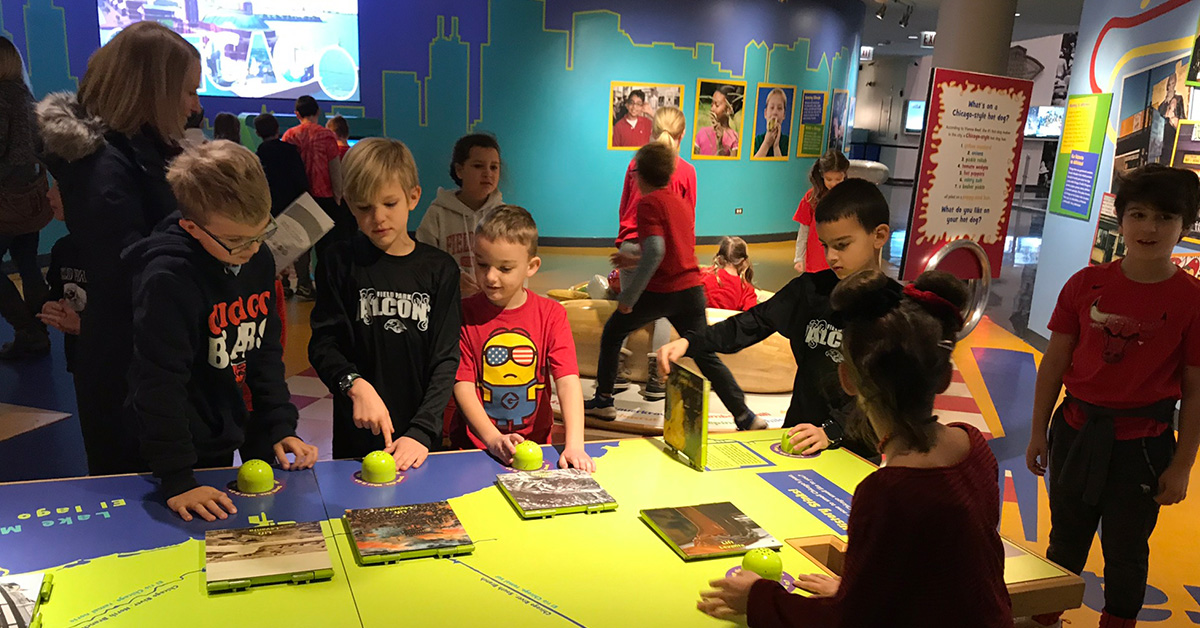By Lynn Rees, McClure 7th Grade Social Studies Instructor
Thanks to a TLC fellowship from WSFEE, I spent six unforgettable days and nights this past summer exploring the Gettysburg battlefield and its legacy as part of the first and only “On Hallowed Ground” NEH Landmark Workshop. The stated purpose of the TLC Fellowship is for teachers to travel, learn, and enhance their curriculum. I can’t imagine another experience that more perfectly meets the goals of this fellowship.
The first goal of a TLC fellowship is to encourage teachers to continue as lifelong learners. I could not have asked for a more curious, thoughtful, and dedicated band of teachers than the group that gathered in Gettysburg. Together with award-winning authors and historians Allen Guelzo, Carol Reardon, and Scott Hartwig, we watched the sun rise from the boulders of Devil’s Den, marched Pickett’s Charge, and read Civil War poetry. We traced the steps of Chamberlain’s bayonet charge as the sun sank behind Little Round Top, and we heard the story of Amos Humiston by the light of a candle on the very spot where Humiston was found dead clutching the photo of his three young children. These unique learning experiences not only brought the Civil War’s battles and people to life, but they also provided new insights and perspectives to share with my students.
The second goal of a TLC fellowship is for teachers to enhance their curriculum. For me, this means more than just hauling home binders packed with lesson plans. I want my students to “experience” Gettysburg as I did, in all of its complexities and uncertainties. This spring our 7th graders will use the primary and secondary resources we created and discovered at Gettysburg to come to their own conclusions about the “true” history and legacy of Gettysburg and the Civil War. For example, we’ll read the Biedelman journals and Clay and Ballou letters from the private archives of the Gettysburg College Library to consider why we fight wars. We’ll compare the South Carolina Secession Act to the Declaration of Independence. We’ll read Robert E. Lee’s handwritten refusal to attend a Gettysburg reunion and talk about when and why it is sometimes better to leave things in the past… and why Lincoln felt that the best way to honor the past was to commit to a new vision of America’s future.
Henry Miller once wrote, “destination is never a place, but a new way of seeing things.” If the stories and resources I literally and figuratively brought home from Gettysburg foster new perspectives for my 7th graders, the benefits of the experience will extend far beyond anything I ever imagined.
For more information about the work that we did in Gettysburg, as well as a video where I ramble on even longer, please go to http://www.gettysburgneh.org/






